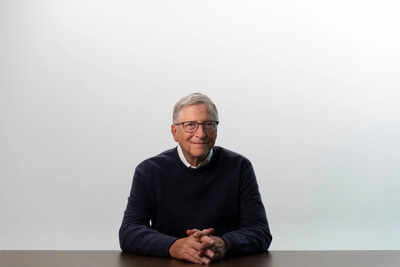Bill Gates Foundation Commits $2.5 Billion to Women’s Health
The Gates Foundation has announced its largest-ever commitment to women’s health – $2.5 billion over five years to address critical gaps in research and healthcare delivery worldwide.
Key Takeaways
- $2.5 billion commitment marks 33% increase in women’s health funding
- 70% allocated to research and development for new solutions
- Focus on maternal health, contraceptives, and disease prevention
- Gates emphasizes foundation cannot replace government funding cuts
The funding represents a significant 33% increase compared to the previous five years and will support dozens of projects ranging from life-saving maternal medicines to vaccines targeting infections that disproportionately affect women.
Funding Distribution and Focus Areas
The vast majority of funds (70%) will go to research and development, while approximately 10% will support market introduction of new technologies. Only 4% is allocated to manufacturing and 3% to advocacy efforts.
Bill Gates expressed concern about underinvestment in women’s health, noting that conditions like preeclampsia continue to claim thousands of women’s lives annually even in wealthy nations.
The foundation’s portfolio includes innovative solutions such as:
- Self-injectable contraceptives for easier access
- Long-lasting contraceptive patches
- Rapid diagnostics for sexually transmitted infections
- Research into the human microbiome’s role in pregnancy complications
Clear Boundaries: Not Replacing Government Funding
Gates was explicit about the foundation’s limitations, stating they cannot fill gaps created by U.S. government budget cuts in global health programs.
“One thing we make very clear is we’re not able to replace what the U.S. government has canceled,” he said. “It’s just not our role to say, OK, the U.S. government wants to save money and so we’ll help them do that.”
The Gates Foundation already serves as the world’s top funder in several areas including malaria, tuberculosis, and non-hormonal birth control research.
Catalyzing Broader Action
Despite Gates’ $114 billion fortune backing the foundation, he emphasized the need for collective action from governments, pharmaceutical companies, and other philanthropists.
“We’d love to have other people work on this stuff,” Gates said. “It’s crazy that this stuff isn’t better funded. I’m putting more time into talking with other philanthropists about how impactful this work is.”
Gates pointedly noted the foundation’s 20-year sunset strategy, stating: “Then we’re gone, and so other people will have to step up in these areas.”
This women’s health commitment signals a strategic shift from direct funding to catalyzing a broader ecosystem. With maternal deaths claiming a life every two minutes globally, advocates see this investment as crucial for driving progress toward health equity.




